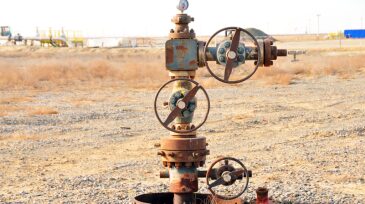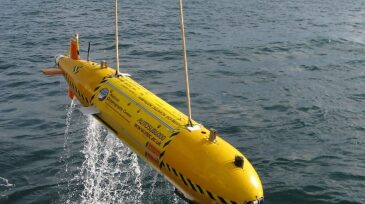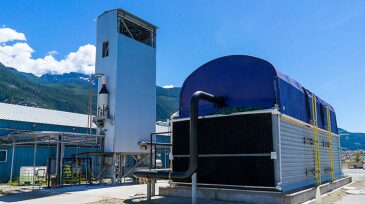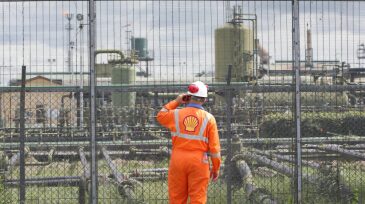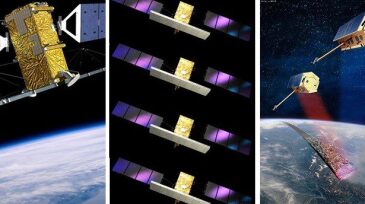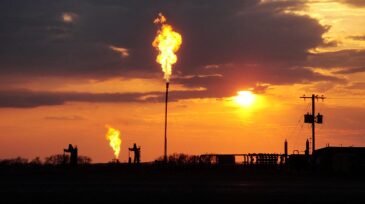Environment
The agency’s administrator said the program “does nothing to improve air quality.”
The project is expected to recover up to 300 MMscf/D of flared gas. Plans call for the recovered gas to be converted into treated dry gas, liquefied petroleum gas, and condensate for domestic use and export.
This research aims to harness the advanced capabilities of artificial intelligence, specifically deep learning and large language models, to develop a comprehensive system for detecting and explaining oil spills.
-
A new regulation includes provisions related to the timely abandonment of "dormant sites," a new site classification that refers to inactive wellsites operated by solvent companies.
-
Funded by a €10.6 million grant from the European Union’s Horizon 2020 program, the ambitious project will, for the first time, undertake an oceanwide approach to understanding the factors that control the distribution, stability, and vulnerability of deep-sea ecosystems.
-
The oil industry is investigating carbon capture and sequestration projects after Congress passed expanded tax credits last year. But questions linger about how much industry investments will actually lower greenhouse gases.
-
Researchers at the University of Massachusetts, Amherst, performed a life-cycle assessment for training several common large AI models. They found that the process can emit more than 626,000 lbm of carbon dioxide equivalent—nearly five times the lifetime emissions of the average American car.
-
Just as Nigeria gets to grips with militants who brought the nation’s oil industry to its knees a few years ago, another group of longstanding foes are slowly making a comeback: thieves.
-
This paper outlines how satellite technology can enhance oil-spill detection and, therefore, consequence management, drawing on a comparative study of options.
-
The Trump administration is committed to making fossil fuels cleaner rather than imposing “draconian” regulations on coal and oil, US Energy Secretary Rick Perry said at an energy conference in Salt Lake City.
-
Natural-gas production in the United States has increased 46% since 2006, but there has been no significant increase of total US methane emissions and only a modest increase from oil and gas activity, according to a new NOAA study.
-
Up to 1,000 gallons of oil per day are being removed from the site of the Taylor Energy spill, says the owner of the company that installed a containment system.
-
The report details information obtained during the EPA’s outreach to stakeholders. The information in the report will help the EPA determine whether any future actions are appropriate to address oil and gas extraction waste water further.




